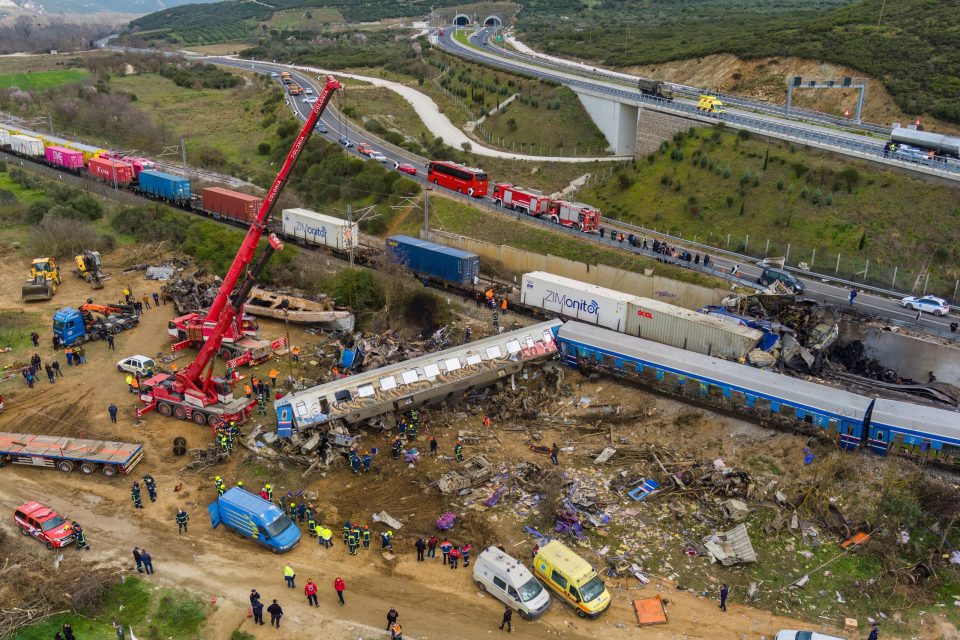Greece: 23 suspects charged with breaching rail signalling contracts

The European Public Prosecutor’s Office (EPPO) in Greece has charged 23 suspects, 18 of whom are public officials, for crimes related to the execution of traffic control and signalling contracts along the central Greek rail axis Athens-Thessaloniki-Promachonas. The charges are based on evidence from an investigation that the EPPO started in November 2022.
According to that evidence, the EPPO informs that it has charged “14 public officials of ERGOSE, a subsidiary of the Hellenic Railways Organisation (OSE), with subsidy fraud and four public officials of the Greek Managing Authority of the EU’s Operational Programme for Transport Infrastructure, Environment and Sustainable Development with misappropriation of funds.”
At the same time, the EPPO also charged “five legal representatives and employees of the Consortium Contractor,” formed by two companies to execute the contract in question, “with instigation of subsidy fraud and instigation of false certification with the purpose of obtaining an unfair advantage for another person.”
Contract 717
The contract in question is the infamous ‘Contract 717’, which concerned restoring the remote traffic control and signalling system of the Athens-Thessaloniki-Promachonas railway section. This section is basically the most critical section of the central Greek railway network.
The contract was signed in 2014 and was supposed to be completed by 2016. This is when hich-ups started appearing: first, the contract was not completed on time. Then, in 2019, the parties involved signed a new contract with a completely different scope than the original. Instead of restoring traffic control and signalling, the new contract foresaw constructing “an entirely new signalling system with novel telemetry units”.
In addition, the two companies comprising the Consortium Contractor were supposed to undertake work jointly. However, they chose a different approach, splitting the rail section into two parts and taking care of one part each.
This was already a problematic point, which got even worse when the company responsible for the southern part of the section linking Athens-Thessaloniki-Platy “entrusted the technical studies regarding the signalling systems of this section to a third company, which did not possess the specific technical knowledge required – in breach of the terms of the contract,” according to the EPPO.
Tempe valley accident
Greece was already under the microscope of the competent authorities regarding issues in contract implementation and the fact that essential network upgrades were not in place to secure safe operations. Signalling and traffic control operations were already a thorn since they were taking place manually for most of this railway section.

Even more importantly, the section includes the part of the railway infrastructure crossing the Tempe Valley, on which the tragic railway accident involving a freight and passenger train occurred in March 2023, costing the lives of 57 people. It has been proven that a signalling malfunction put the two trains on the same rail track and, ultimately, in a collision track.
This event alone puts even more pressure on the shoulders of the charged individuals who are facing ten years of imprisonment and a fine.





